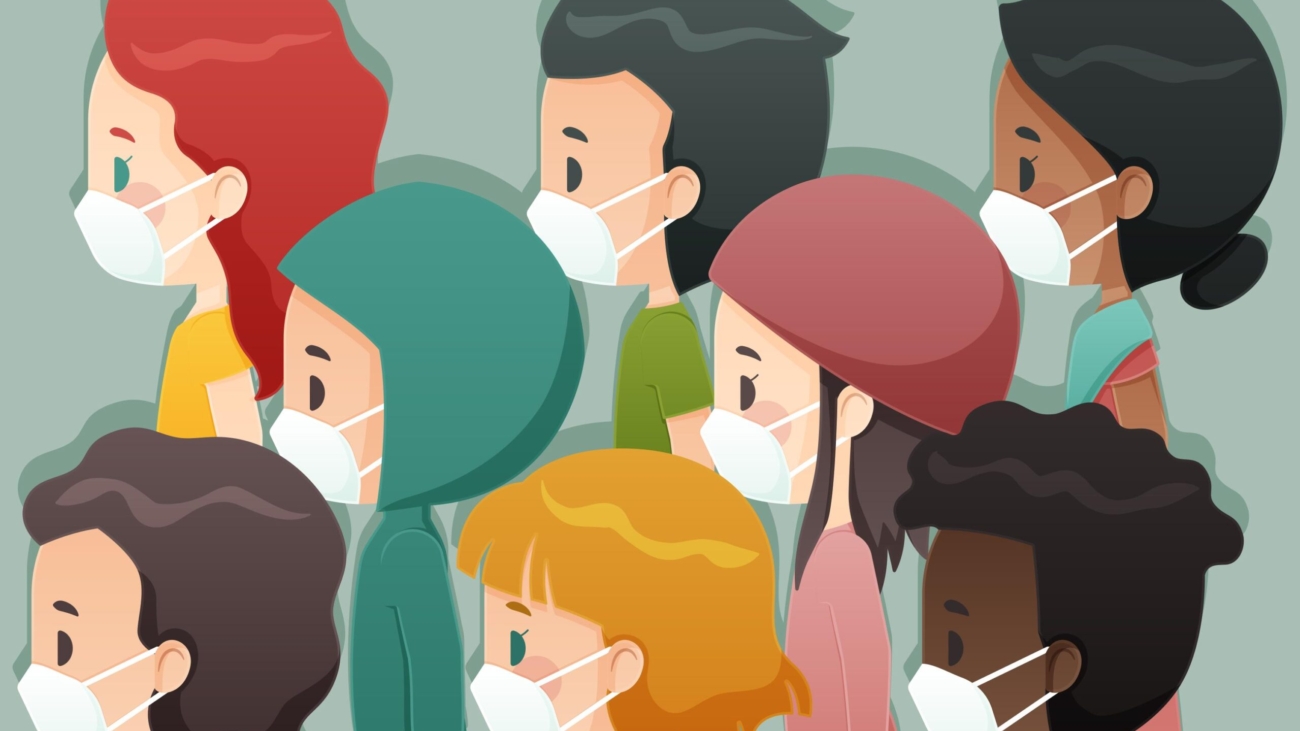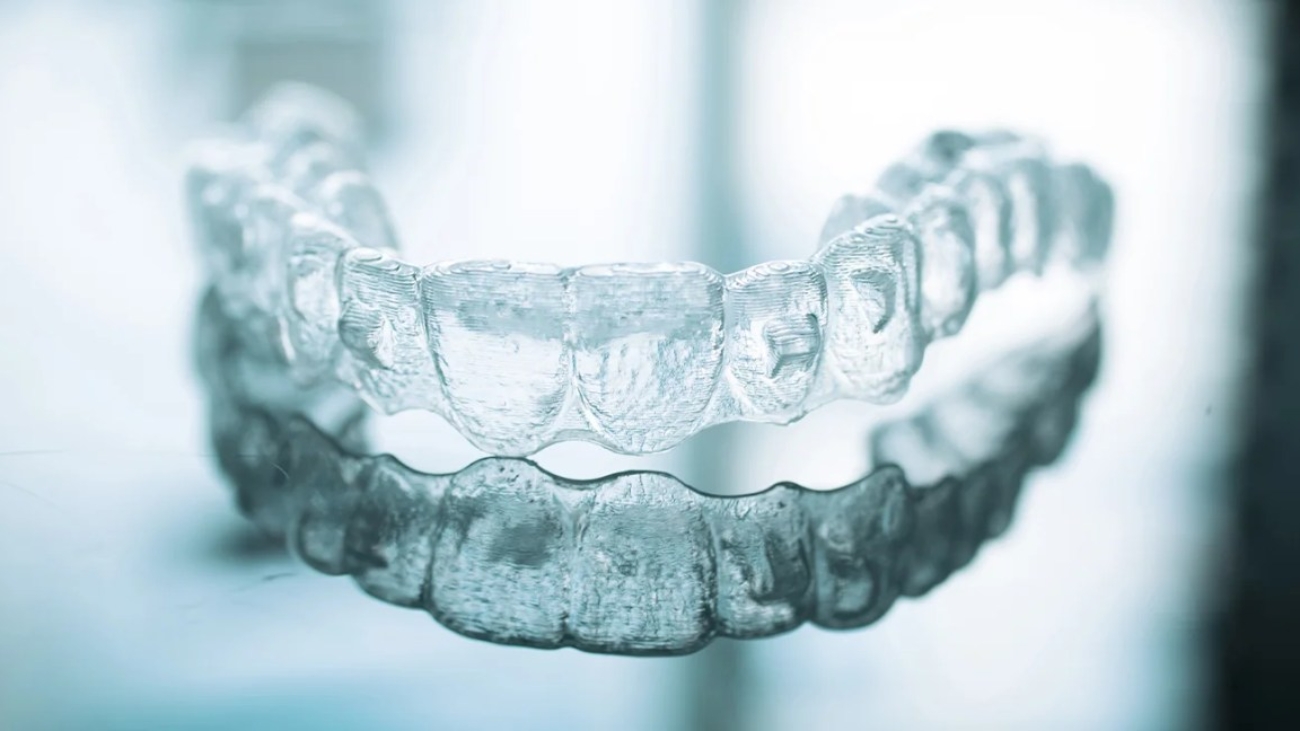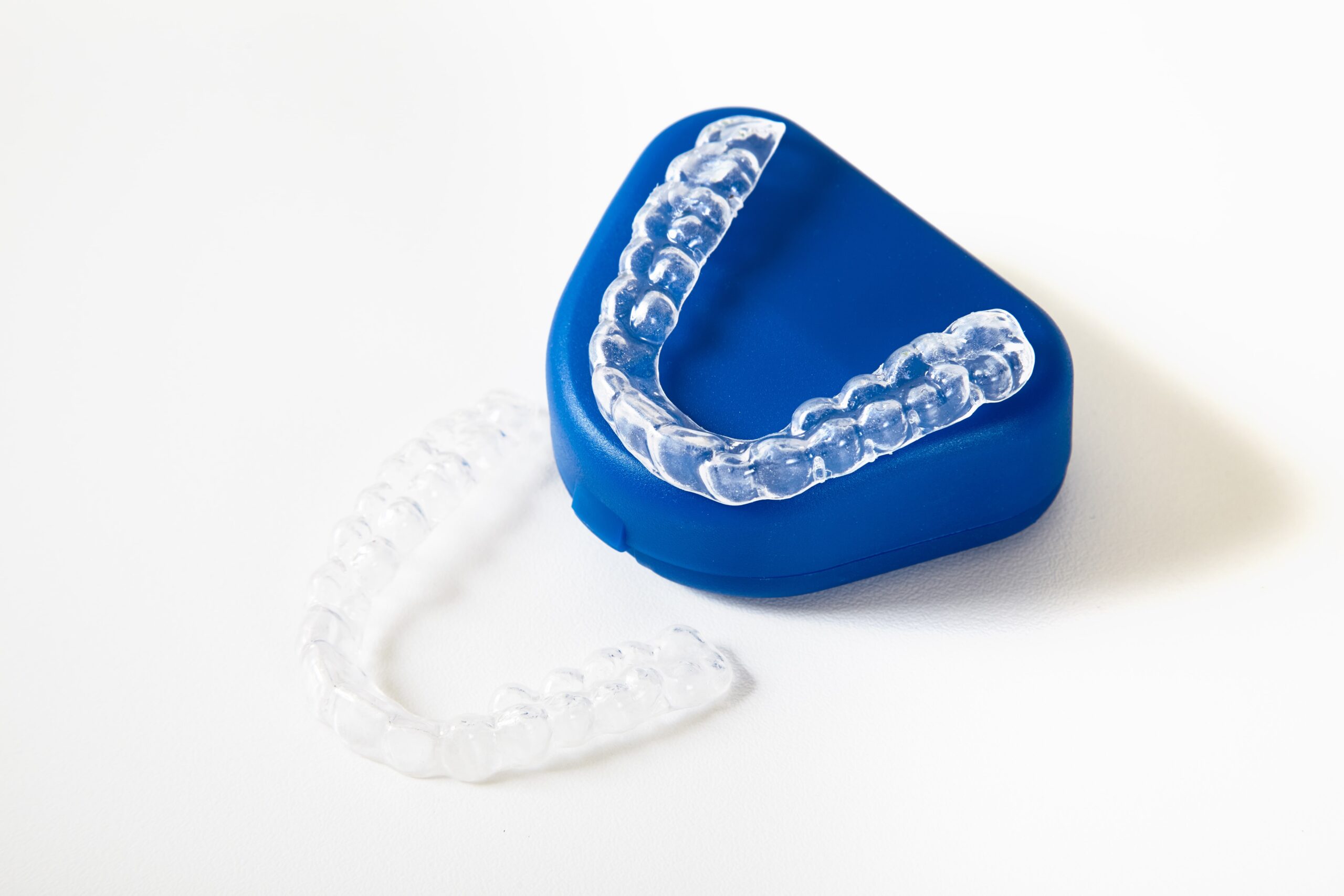Going to the dentist can be a daunting experience for any child, but it can be especially challenging for children with autism. Here are seven ways to prepare your child with autism for a trip to the dentist:
- Start early: Begin preparing your child for the dentist at an early age, so they become familiar with the experience and can develop a positive association with it.
- Use visual aids: Use pictures or social stories to help your child understand what will happen during their visit to the dentist.
- Practice at home: Practice brushing your child’s teeth at home, so they become accustomed to the sensation and can develop a routine.
- Choose the right time: Schedule appointments at a time when your child is most relaxed and comfortable, and avoid scheduling appointments during times of high stress or anxiety.
- Bring a comfort item: Bring a comfort item, such as a favorite toy or blanket, to help your child feel more secure during the appointment.
- Communicate with the dentist: Let the dentist know about your child’s needs and preferences, so they can adjust their approach accordingly.
- Reward positive behavior: Praise and reward your child for positive behavior during the appointment, such as sitting still or following instructions.
By following these tips, you can help your child with autism feel more comfortable and prepared for their visit to the dentist. Remember to be patient and supportive, and don’t hesitate to ask for help or accommodations if needed.




